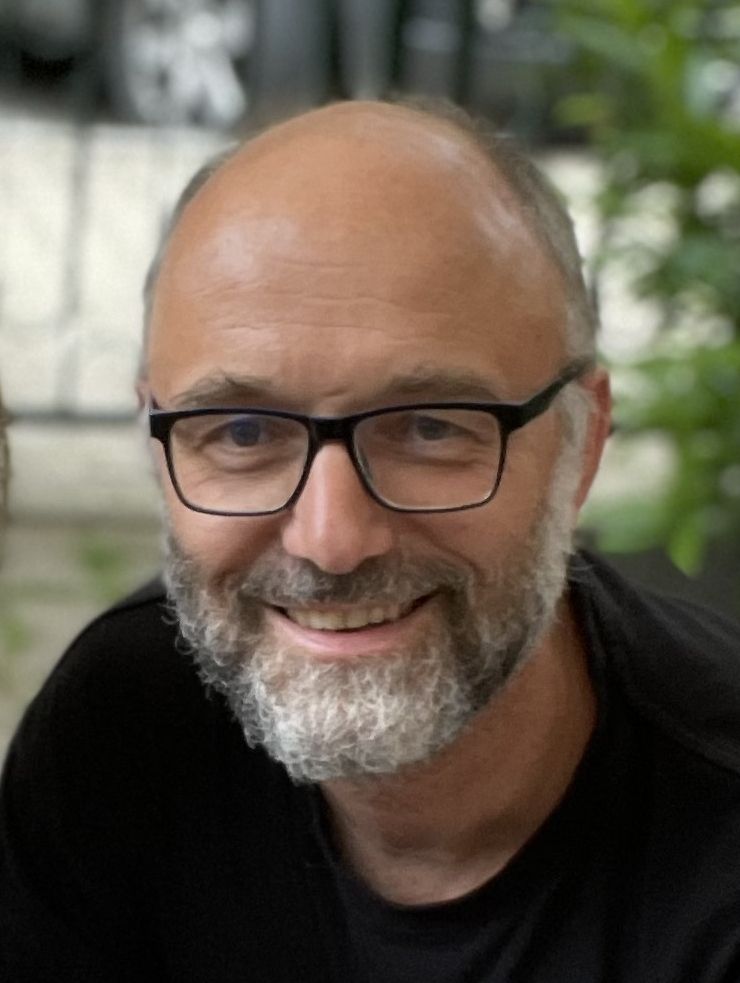Our programme of doctoral studies in Practical Theology, Ecumenical Theology and Theological Ethics covers a wide range of disciplines and subdisciplines.
In the field of Practical Theology students can write their doctoral dissertations on issues relating to the theory of church, liturgics, homiletics, pastoral care, catechetics, diaconics, hymnology, or the theory of occasional services and focus on various phenomena in the life of Christians, institutional churches or in other social settings as they relate to the gospel communication, both in the past and present.
In the field of Ecumenical Theology they can concentrate either on comparative theology, spirituality, missiology, intercultural theology, political theology, liberation theology or the study of ecumenical relations, history, methods and aims of the ecumenical movement or a study of different figures that contributed to it.
In the field of Theological Ethics students can deal with traditional and actual questions of Christian life and values, their theological foundations and legitimations, primarily in the area of bioethics (human life and death) and social ethics (human relationships, work ethics, political ethics, environmental ethics).
The project of the doctoral dissertation plays a central part in undertaking the programme, and hence it is important that those who wish to apply for study come with their own themes for dissertations that fit to the portfolio of our programme. The initial proposal are discussed further and sharpened with one of our experts in the field that could become the future supervisor (the list of current supervisors with their expertise is below). In cooperation with him or her the applicant prepares the version of the project that, together with a list of bibliography in the field of the project serves as a basis for the entrance exam.
We require master's degree or theology or in other closely related discipline, such as philosophy, history, sociology, political science. In case applicants come from other universities, including the applicants with masters in theology, we require also a transcript of the exams at master level. It is important for the preparation of the study plan. The first version of the plan is also prepared together with the possible future supervisor, and submitted at the entrance exam for further discussion and comments. Those who do not come with masters in theology or whose previous studies did not include major theological disciplines necessary for our programme may need to include these in the study programme (e.g. History of the Christian Doctrine, Church History, Biblical Theology). We do not require knowledge of the biblical languages unless they are needed for the theme of the dissertation.
Postgraduate doctoral studies in Practical and Ecumenical Theology and Theological Ethics are guranteed by:

Specialisation: ecumenical methodology, Orthodox theology and spirituality, theological anthropology, theological hermeneutics, political theology, dialogue with contemporary culture
PRACTICAL THEOLOGY
|
Practical theology, Homiletics, Liturgics, Theory of casual services (rites of passage), Theory of church, Theology of the Unity of Brethren |
||
ECUMENICAL THEOLOGY
|
Mission Studies, Latin American Liberation Theology, Contextual Theology, Central European Theology, Theology and Film, Theology and Literature |
||
|
relation of theology and culture, intercultural theology, theological anthropology, misiology, interfaith relations |
||
THEOLOGICAL ETHICS
|
Anthropology, Christology, Semiotics, Theological foundations of ethics, Social ethics |
||
|
Social ethics, Bioethics, History of Protestant ethics |
||
Contacted the guarantor of the study programme?
Disertation supervisor assigned?
Outline of the dissertation project approved by supervisor?
CV, reccomendation letter, copy of Master's degree, all collected?


Charles University
Protestant Theological Faculty
Černá 646/9
110 00 Prague 1
Czech Republic
Dean's Office:
(+420) 221 988 216
Office for International Relations:
(+420) 221 988 211